A new test could save arthritis patients time, money and pain. But will it be used?
Pain, drug-hopping and insurance meddling is all too common among patients with rheumatoid arthritis.
Once people with inflammatory conditions such as rheumatoid arthritis reach a certain stage, the first prescription offered is typically Humira, the best-selling drug in history, and part of a class known as tumor necrosis factor inhibitors, or TNFis, which fail to significantly help about half of the patients who take it.
“We practice rheumatology without any help,” said Vibeke Strand, a rheumatologist and adjunct clinical professor at Stanford. She bemoaned the lack of tools available to choose the right drug while bristling at corporate intervention in the decision. “We are told by the insurer what to prescribe to the patient. After they fail methotrexate, it’s a TNF inhibitor, almost always Humira. And that’s not OK.”
If there’s a shred of hope in this story, it’s that a blood test, PrismRA, may herald an era of improved care for patients with rheumatoid arthritis and other autoimmune conditions. But first, it must be embraced by insurers.
PrismRA employs a predictive model that combines clinical factors, blood tests, and 19 gene patterns to identify the roughly 60% of patients who are very unlikely to respond to a TNFi drug.
Over the past 25 years, drug companies have introduced five new classes of autoimmune drugs. TNFis were the first to market, starting in the late 1990s.
Some 1.3 million Americans have rheumatoid arthritis, a disease in which a person’s immune system attacks their joints, causing crippling pain and, if improperly treated, disfigurement. The newer drugs, mostly so-called biologics, are also used by some of the 25 million or more Americans with other autoimmune diseases, such as lupus, Crohn’s disease, and psoriasis. Typically costing tens of thousands of dollars annually, the drugs are prescribed after a patient fails to respond to older, cheaper drugs like methotrexate.
Until recently, rheumatologists have had few ways to predict which of the new drugs would work best on which patients. Often, “it’s a coin flip whether I prescribe drug A or B,” said Jeffrey Curtis, a rheumatology professor at the University of Alabama-Birmingham.
Yet about 90% of the patients who are given one of these advanced drugs start on a TNFi, although there’s often no reason to think a TNFi will work better than another type.
Under these puzzling circumstances, it’s often the insurer rather than the doctor who chooses the patient’s drug. Insurers lean toward TNFis such as adalimumab, commonly sold as brand-name Humira, in part because they get large rebates from manufacturers for using them. Although the size of such payments is a trade secret, AbbVie is said to be offering rebates to insurers of up to 60% of Humira’s price. That has enabled it to control 98.5% of the U.S. adalimumab market, even though it has eight biosimilar competitors.
PrismRA’s developer, Scipher Medicine, has provided more than 26,000 test results, rarely covered by insurance. But on Oct. 15, the Centers for Medicare & Medicaid began reimbursing for the test, and its use is expected to rise. At least two other companies are developing drug-matching tests for rheumatoid arthritis patients.
Although critics say PrismRA is not always useful, it is likely to be the first in a series of diagnostics anticipated over the next decade that could reduce the time that autoimmune disease patients suffer on the wrong drug.










